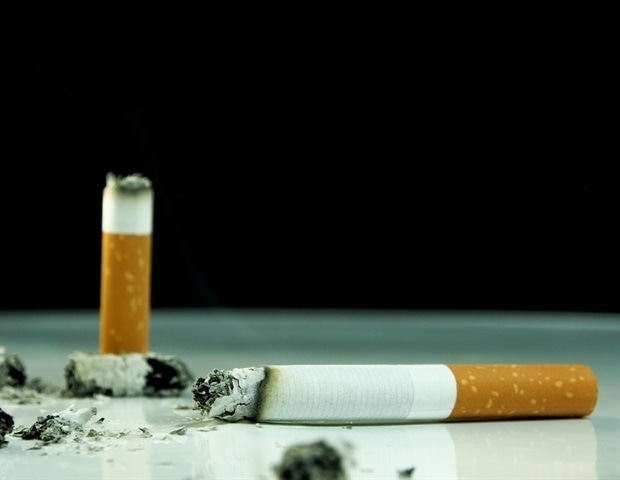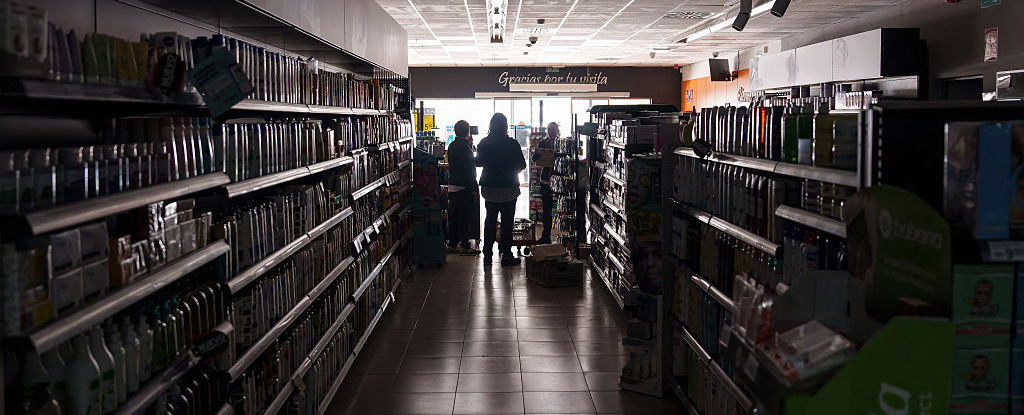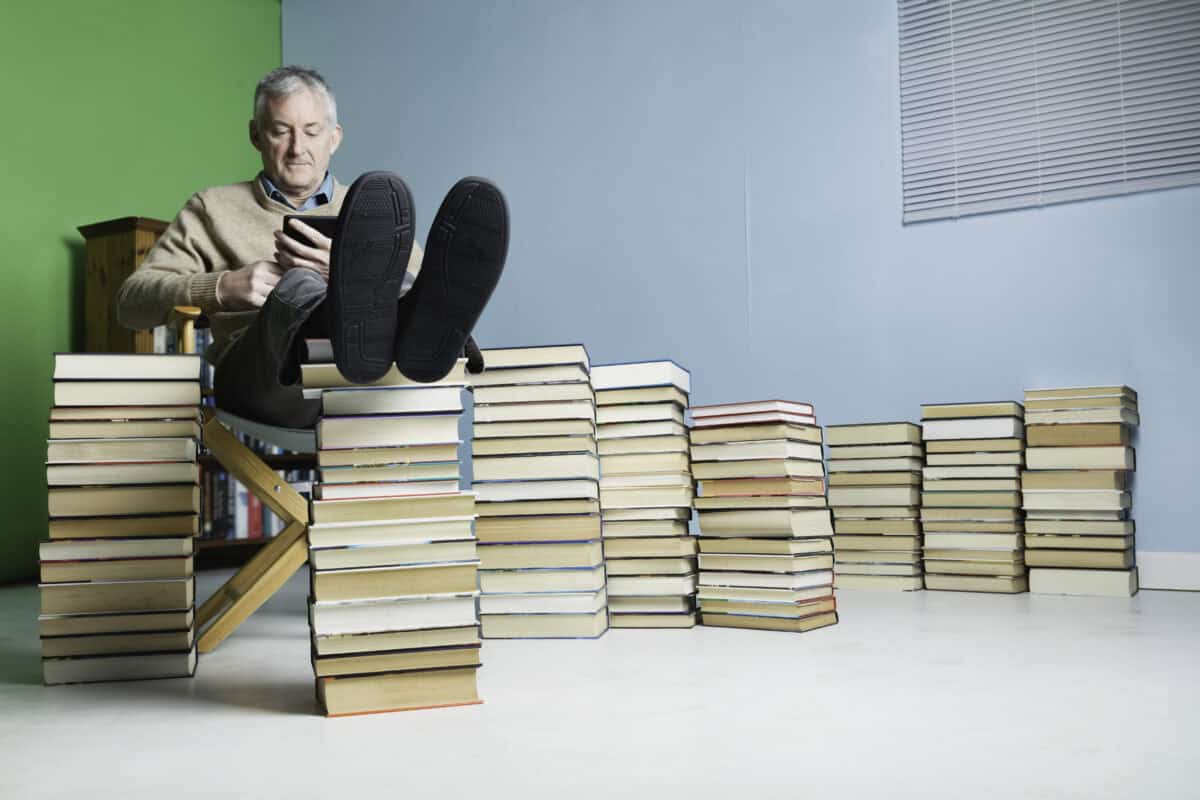My father poured boiling water on my dog and threw me across the room. He was a drunk - and his violent death saved me from a life of sheer hell: Lawyer CHARLOTTE PROUDMAN

Dr Charlotte Proudman, leading feminist barrister, remembers the last time she saw her father. It isn’t a happy memory. ‘He was drunk,’ she says. ‘I was at nursery and he turned up, asking to see me. His breath smelled funny, his skin was yellow and his teeth were rotten.’ She believes the nursery staff had been warned not to let young Charlotte – whose parents had separated as a result of her father’s abusive and violent behaviour – go with her dad. There were no rules about him talking to her though and she was nudged in his direction by staff who weren’t entirely sure what to do. ‘I remember the nursery staff watching nervously as I went over to him. They didn’t stop that. He was my father, after all,’ she says. ‘I just remember looking at my little feet, wanting it to be over. I do remember the fear, the feeling that I didn’t want to be left alone with him. Because of what I’d seen at home, he was a frightening figure to me. ‘There is a tendency, in the family courts, to say children are unreliable witnesses who have no memories. Well, I can tell you, I do.’ Just after that upsetting encounter, Charlotte’s father, a refrigeration engineer, was dead, a victim of his own drink driving. He died a week after her fourth birthday. The facts are presented in the manner of a barrister, for the prosecution rather than the defence. She will not name her father ‘as that humanises him’. There is no attempt to sugarcoat; no presenting of mitigating circumstances. If she were in court, she would urge the judge to throw the book at this monster – a man who, she points out, once poured a kettle of boiling water over her pet dog. A man who once threw her carrycot – ‘with me in it’ – through the door. ‘It was a regular thing for him to drive drunk. He’d been in the pub. He was paralytic, and he got behind the wheel. But on this day, he caused an accident. He died. He also killed another woman, which is horrific. ‘He left me with the guilt caused by his actions and a trail of destruction. He could have killed me, had I been in the car with him. Afterwards, I remember people saying I was very lucky not to have been there.’ She says it’s hard, now, when well-meaning people express sympathy on discovering she lost her dad so young, so tragically. ‘I find it incredibly difficult when they say “so sorry” or refer to it as a “tragedy”, because that isn’t how I see it. It was obviously a terrible tragedy for the poor woman’s family, but for me? The fact that my father died saved me, and it saved my mum. If he’d lived, we would have had a life of sheer hell. ‘I know that it is a terrible thing to confront and admit. Most people wouldn’t want to think that way about a parent, but I’m afraid I do. ‘My father wasn’t just a violent drunk, he was a vindictive one. When my mother tried to get us away from him, he rewrote his will, leaving us with nothing, not even a roof over our heads. My mum spent ten years dealing with solicitors, fighting for justice, which was denied to her. Even in death, he couldn’t leave us in peace.’ Charlotte Proudman revels in her reputation as one of Britain’s most outspoken barristers, a thorn in the side of the (male-dominated) legal profession. She first came to prominence in 2015 when she accused a senior male colleague of sexism after he praised her ‘stunning’ profile picture on LinkedIn and said they should work together. She put a screenshot of her takedown on Twitter. Still only 36, she has continued to call out misogyny. Last year, she faced a disciplinary tribunal from the Bar Standards Board after opening a complaint about a ‘boys’ club’ attitude in the judiciary. The case against her was thrown out, but the fact that it was brought at all rather proved her point, she feels. It was against this backdrop that late last year Charlotte sat down to write a book about her legal career. She was adamant from the off she wanted the focus to be on women and children she has represented, and what their stories say about the treatment of women in a family justice system built largely by men. It was always going to be a powerful, and at times, upsetting read, given the issues covered include domestic abuse, forced marriage, child abduction and female genital mutilation. A particular bugbear of Charlotte’s is the way, in her experience, the family courts often force children into unwanted contact with violent fathers – and accuse distraught mothers of ‘parental alienation’ when they argue that these children need to be protected from their own dads. When she submitted the first draft to her editor, however, it was gently suggested that Charlotte’s own background should feature more heavily than it did. She resisted at first, puzzled as to what her own past had to do with her work in the family courts. ‘I didn’t see how it was relevant,’ she says, managing a laugh. ‘I don’t think I was aware that my childhood experiences shaped me to the degree that they have, but the process of writing the book, laying it out, did make me think “Oh my gosh. Clearly it’s had an impact on why I’ve ended up doing what I’m doing”. I don’t think I appreciated it before because you don’t until you are confronted with it and have to face it head on.’ Actually she rowed back from including too much detail about her father in this book, ‘mostly to protect my mother’, but her account of that childhood today is angry and impassioned. As she tells her story, she agrees that she feels she is talking on behalf of ‘every abused mother, and frightened child’ she has represented. ‘Very often I read the court documents detailing abuse, I remember the small child in me,’ she admits. ‘Every time I represent a child who is compelled to have contact with a father they are afraid of, I think: “Would the courts have forced me to have contact with my dad, on the basis that it was his right?”. I think they would have, and my mum would have been facing years of fighting the family justice system to protect me.’ ‘Unlike most other lawyers, I approach my cases from a very rare vantage point – I know what it is like to stand in the shoes of many of my clients. I can see their arguments clearly, and I have the power to robustly advocate for them.’ Her book, He Said, She Said, explores a series of precedent-setting cases in which she played a pivotal role – from securing special measures for victims in courtrooms to shaping legal definitions of gaslighting and coercive control. While Charlotte has some vivid memories of her early years, she has also pieced together the story of her violent and alcoholic father. ‘Not so much from my mum, but from relatives and friends,’ she says. ‘Sitting down and writing my book has made me realise how important it is to tell my story to show other women and girls they are not alone.’ Pouring a kettle of boiling water over the family dog, a collie ‘who was a sweetheart and went everywhere with me’, as well as throwing a carrycot with Charlotte in it through the door showed that her father was a man who had a temper, ‘and when his temper got the better of him, it didn’t matter who was in the way’. The threat of serious injury or death was ever-present and ‘walking on eggshells was the norm’. ‘He didn’t have to be drunk to start, but it was worse when he was. We had a good family friend who lived close by and, when he kicked off and started destroying our home, this friend would look after me.’ The situation was clearly dangerous. The fact that the nursery staff had been alerted to the possibility of Charlotte’s father turning up unannounced speaks volumes. ‘It was significant when he did because that was highly unusual. It was always my mum who collected me.’ She doesn’t remember being told that her father had died. ‘But I do remember him being dead, if that makes sense. I remember people being in the home, on the day of the funeral. I remember the depressing atmosphere, and just feeling very confused.’ He left a will that disinherited Charlotte and her mum. Every penny he possessed – ‘which was everything we possessed’ – had been left to charity. Charlotte and her mum were facing the potential loss of their home. ‘He did that to be nasty and cruel, not to be kind to charitable causes. It was another form of financial control,’ she says. ‘Even in death he was vindictive. He did it out of spite.’ There was some settlement, eventually, but Charlotte says she received less than £15,000 from her father’s estate and her mother received nothing. Charlotte credits her mum with giving her a fighting spirit. ‘My mum, who was a teacher, is a great believer in education and she instilled in me the importance of being independent – financially independent too. The idea that I would go to university, and always have my own money, was a non-negotiable with my mum.’ She always thinks of her mum when someone questions how a bright and educated woman can end up in an abusive relationship, though. At 16, Charlotte got a job in the local Co-op in Staffordshire, and set her sights on studying law at university. She applied to nearby Keele University because it meant she could continue to live at home, work and save money while studying. She assumed that being a lawyer meant being a solicitor, but in court one day she saw a glamorous female barrister, who had blonde hair, papers bound with pink ribbon under one arm and a Louis Vuitton bag on the other, who ‘didn’t take any crap from the men’, and her path was set. ‘I genuinely never made the connection with what had happened to us, but of course I can see it now.’ Does she have any positive memories at all of her dad? ‘No, not a single one. He was an abusive drunk.’ Even before this terrible background was known, Charlotte was accused of being a man-hater, the sort of woman who sees misogyny everywhere and blames men for everything. She fiercely rejects that, pointing out that such accusations are used to silence women from speaking out against male violence. And anyway, when her father died, her maternal grandfather became her ‘father-figure’, and a wholly ‘positive male role-model’. She is also in a long-term relationship, although she is careful to keep her partner out of the limelight, ‘but no, I do not hate men, far from it, but I do hate male violence’. She does seem to hate her father, though, and even the fact that he is her father. When she was in her early twenties she changed her name, discarding her father’s surname and adopting Proudman – the name of her maternal great-grandmother, who was a keen supporter of the suffragette movement. She has said it was an ‘act of respect’ and a way of honouring the female line in her family. Her father? She doesn’t believe he deserves respect. It’s why she finds it difficult filling in official forms asking for her father’s full name and ‘everything about him’. ‘I always think “Why do I have to fill this in. Why?”. It is not who I am. It is not part of my identity. It feels totally irrelevant. I find it extremely frustrating. ‘I don’t mind admitting that I find it hard when you call him my dad, or even my father,’ she says, ‘because I don’t think of him like that. I feel that being called a dad is a privilege and an honour. ‘The very word suggests a loving, caring figure. My relationship with my father wasn’t loving. He wasn’t a “dad”.’ Her career was in part shaped by him, though. Does she feel that her life was damaged by him? Not as much as it would have been, had he lived, she says. ‘If he hadn’t died that day, I don’t think we would ever have escaped him. He would never have left us alone.’ He Said, She said: Truth, Trauma and the Struggle for Justice in Family Court by Dr Charlotte Proudman (£20, W&N) is out May 1. Pre-order from Amazon and Waterstones.

















